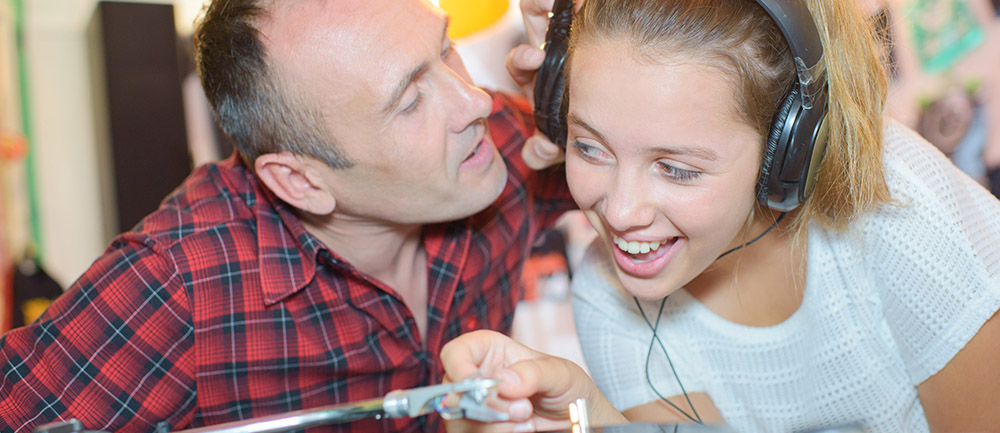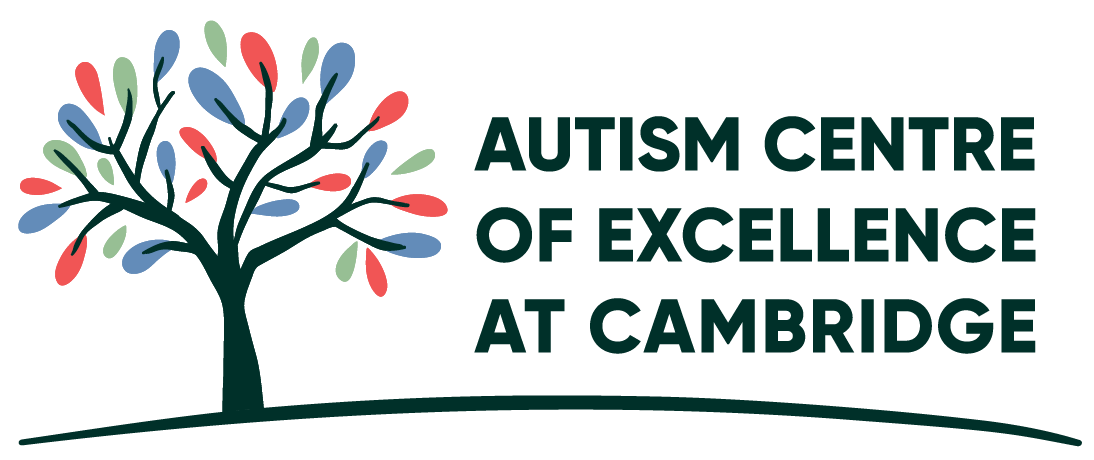Values
The Autism Centre of Excellence at Cambridge believes that autism is both a disability and a form of neurodiversity and that autistic people should be respected and valued.The Autism Centre of Excellence at Cambridge (ACE) commits to the following values:
1. We respect and value autistic people
The Autism Centre of Excellence at Cambridge believes that all people, regardless of autism, intellectual or language ability, have equal value and should have equal human rights.
2. Autistic people deserve effective support
The idea of the Autism Centre of Excellence at Cambridge was created out of recognition that most autistic people are not receiving the support they need. Our long-term vision is that services should:
- Seamlessly work together to ensure maximum support
- Be available to everyone who needs them, throughout their entire lives
- Address only the aspects of autism that cause the person distress
- Be safe, effective, and evidence based
3. We do not seek to cure or prevent autism
Autism is part of a person’s identity and should be respected as such. This is a key principle of neurodiversity; the idea that our brains are wired differently, with different profiles of strengths and challenges, and that these differences should be respected.
For the same reasons we do not seek to cure autism itself. We do support treatments, therapies and interventions that would help with difficulties such as social communication or anxiety, or to alleviate any distress caused by co-occurring conditions, such as gastro-intestinal disorders or epilepsy. For the same reasons we do not seek to prevent or eradicate autism.
4. Research can lead to improved quality of life
The Autism Centre of Excellence at Cambridge funds research that is focused on understanding autism and improving the support people receive, to enhance their quality of life.
High quality treatment, support and interventions based on evidence can decrease distressing symptoms or co-occurring conditions, such as epilepsy or gastro-intestinal pain, which are more common in autistic people.
Many people will welcome interventions in areas such as language delay, learning difficulties, social and communication difficulties, and planning difficulties. Some may also be seeking advice on reasonable adjustments for issues such as sensory hypersensitivity.
“You might think today that autistic people enjoy human rights to the extent of everyone else. Sadly, this is not the case.”

Our project partnerships
For decades, autistic people and their families have not received timely support or enough support. Together, we can change this. We are currently focusing on projects across five areas: timely diagnosis, health and wellbeing, employment, education and criminal justice.
About Us
The Autism Centre of Excellence at Cambridge (ACE) is a science-led campaigning charity working closely with Cambridge University’s Autism Research Centre. Our aim is to improve access to high quality support and remove barriers and stigma for autistic people.
A partner with
ACE is charity registered in England and Wales, Reg. No: 1191599. Read our Privacy Statement.

